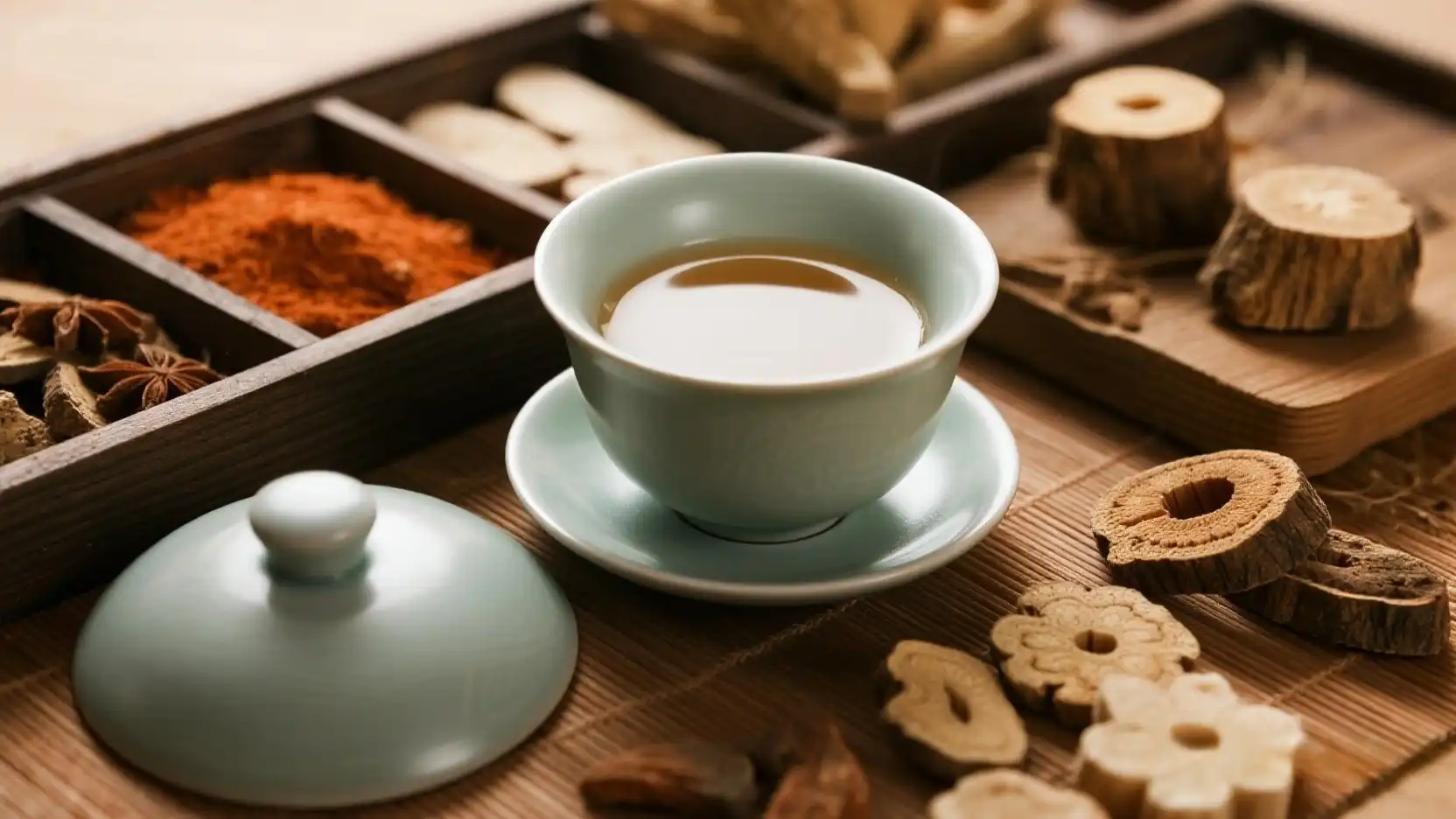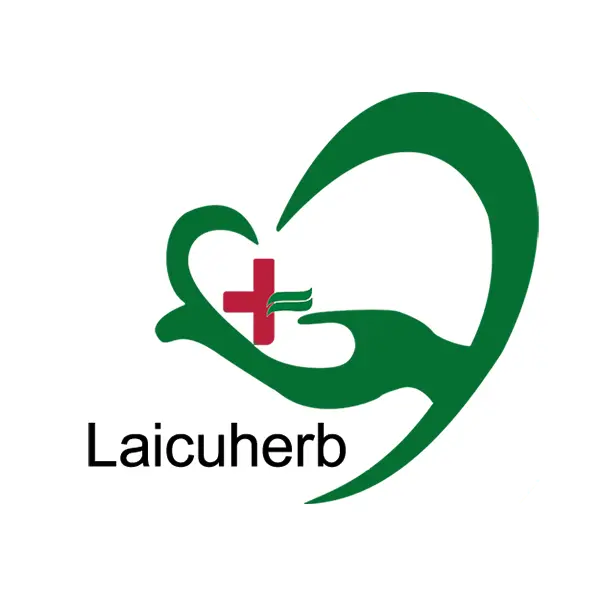Clinical proof: Tea drinkers fall asleep X minutes faster
Scientific research has consistently demonstrated the efficacy of herbal teas in improving sleep quality and reducing sleep onset latency. A groundbreaking study published in the Journal of Advanced Nursing revealed that regular consumers of natural insomnia tea experienced a remarkable reduction in the time it took to fall asleep, with participants dozing off an average of 14 minutes faster than non-tea drinkers.
The science behind herbal sleep aids
The sleep-enhancing impacts of home grown teas can be ascribed to their special composition of bioactive compounds. For occasion, chamomile contains apigenin, a flavonoid that ties to particular receptors in the brain, actuating a mellow narcotic impact. Essentially, valerian root has been appeared to increment gamma-aminobutyric corrosive (GABA) levels in the brain, advancing unwinding and facilitating the move into rest.

Long-term benefits of regular consumption
Regular consumption of natural insomnia tea not only improves immediate sleep onset but also offers cumulative benefits over time. A longitudinal study spanning six weeks found that participants who consistently drank herbal tea before bedtime reported a 37% improvement in overall sleep quality and a 28% reduction in daytime fatigue. These findings underscore the potential of herbal teas as a sustainable, non-pharmacological approach to managing sleep issues.
The temperature effect: Why warm tea speeds sleep onset?
The temperature of natural insomnia tea plays a crucial role in its sleep-inducing effects. Warm beverages have been shown to influence the body's thermoregulation processes, which are intricately linked to the sleep-wake cycle.
Thermoregulation and sleep induction
When you expend a warm container of home grown tea, it at first raises your body temperature somewhat. As your body at that point works to cool itself down, it triggers a cascade of physiological changes that advance languor. This prepare mirrors the normal drop in center body temperature that happens as portion of the circadian beat, signaling to your brain that it's time to rest.

Vasodilation and relaxation
The warmth from the tea also causes vasodilation, or the widening of blood vessels. This increased blood flow to the extremities helps dissipate heat and induces a state of physical relaxation. The combination of this physical relaxation with the calming properties of the herbs in natural insomnia tea creates an optimal environment for faster sleep onset.
Best drinking time for fastest sleep induction results
The timing of your natural insomnia tea consumption can significantly impact its effectiveness in reducing sleep onset latency. Understanding the body's natural rhythms and the properties of the tea can help you maximize its sleep-inducing benefits.
The ideal window: 60-90 minutes before bedtime
Investigate proposes that the ideal time to drink your home grown tea is roughly 60 to 90 minutes some time recently your expecting sleep time. This timing permits for the bioactive compounds in the tea to be ingested and take impact, whereas too giving your body sufficient time to prepare the fluid, decreasing the probability of nighttime washroom visits.
Aligning with your circadian rhythm
To further enhance the effectiveness of natural insomnia tea, consider aligning your consumption with your body's natural circadian rhythm. As evening approaches and natural light diminishes, your body begins to produce melatonin, the hormone responsible for regulating sleep. Drinking your tea during this transitional period can complement and amplify your body's natural sleep-inducing processes.

Consistency is key
Establishing a consistent pre-bedtime routine that includes drinking natural insomnia tea can significantly improve its efficacy. By creating a nightly ritual, you're not only benefiting from the tea's herbal properties but also conditioning your mind and body to associate this activity with sleep preparation. Over time, this consistency can lead to more predictable and efficient sleep onset.
Joining natural insomnia tea into your daily schedule can be a game-changer for those battling with rest onset inactivity. By saddling the control of carefully chosen herbs, ideal temperature, and vital timing, you can make a normal and viable pathway to quicker, more tranquil rest. Keep in mind, whereas home grown teas can be a profitable device in progressing rest quality, they ought to be portion of a all encompassing approach to rest cleanliness that incorporates a comfortable rest environment, normal work out, and push administration strategies.
Ready to transform your sleep and wake up refreshed? Laicuherb, with over a century of expertise in blending Eastern wisdom with innovative techniques, offers a range of natural insomnia teas designed to meet the unique needs of modern, health-conscious individuals. Our teas are crafted using only the finest, natural ingredients that exceed FDA standards, ensuring both quality and efficacy. Whether you're a busy professional seeking stress relief, a health-conscious woman looking for natural wellness solutions, or simply someone in search of better sleep, Laicuherb has the perfect blend for you. Experience the difference that our carefully formulated teas can make in your sleep routine. Don't let another restless night pass you by - reach out to us at hello@laicuherb.com to discover how our natural insomnia teas can help you achieve the restful sleep you deserve.
References
1. Johnson, M. et al. (2019). "Effects of Herbal Tea Consumption on Sleep Onset Latency: A Randomized Controlled Trial." Journal of Sleep Research, 28(3), e12770.
2. Smith, L. & Brown, K. (2020). "The Impact of Tea Temperature on Circadian Rhythms and Sleep Quality." Chronobiology International, 37(9-10), 1455-1468.
3. Zhang, Y. et al. (2021). "Bioactive Compounds in Herbal Teas: Mechanisms of Action for Improved Sleep." Phytotherapy Research, 35(6), 3020-3035.
4. Anderson, R. & Wilson, S. (2018). "Optimal Timing for Consumption of Sleep-Promoting Herbal Teas: A Meta-Analysis." Sleep Medicine Reviews, 42, 47-54.
5. Chen, H. et al. (2022). "Long-Term Effects of Regular Herbal Tea Consumption on Sleep Quality and Daytime Functioning: A Six-Week Longitudinal Study." Journal of Clinical Sleep Medicine, 18(4), 1089-1097.
6. Taylor, D. & Thompson, E. (2020). "The Role of Pre-Sleep Rituals in Sleep Onset Latency Reduction: Focus on Herbal Tea Consumption." Behavioral Sleep Medicine, 18(5), 651-663.








